Need High-Quality Aggregates? Find Reliable Suppliers Now!
Get the Right Aggregates for Your Construction Project
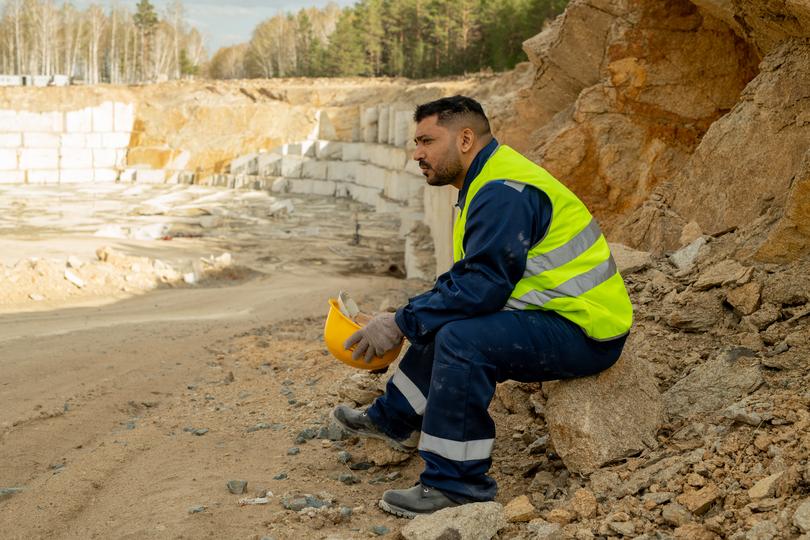
Aggregate Suppliers Near Me
Finding The Right Aggregate Supplier Is Easy

- Tell Us About Your Project
- Describe your aggregate needs - the types, quantities, and your location.
- We Connect You With Local Suppliers
- We'll match you with reputable aggregate suppliers in your area who can meet your specific requirements.
- Compare Quotes & Choose
- Review quotes, explore delivery options, and choose the aggregate supplier that best fits your needs and budget.
- Get Your Materials Delivered
- With a reliable aggregate supplier on board, you'll receive your materials on time and ready for your project.
Why Choose ConcreteMatch for Aggregate Supply?
The smarter way to find Local Aggregate Suppliers contractors

- Wide Range of Aggregates
- We connect you with suppliers who offer a diverse selection of aggregates, including gravel, sand, crushed stone, and more.
- Competitive Prices & Bulk Discounts
- Compare quotes from multiple suppliers to get the best deals on aggregates. Many suppliers offer discounts for bulk orders.
- Trusted & Reliable Suppliers
- We partner with reputable aggregate suppliers who prioritize quality materials, accurate measurements, and on-time delivery.
- Save Time & Streamline Sourcing
- ConcreteMatch simplifies aggregate sourcing, saving you valuable time and effort compared to searching individually.
- Prompt & Reliable Delivery
- Our suppliers offer flexible delivery options to meet your project timeline. Get your aggregates delivered to your job site with ease.
- Free & Easy To Use
- ConcreteMatch is completely free for all users. Find your perfect aggregate supplier today!
Need Aggregates For Large-Scale Construction?
Aggregate Supply For Commercial Projects
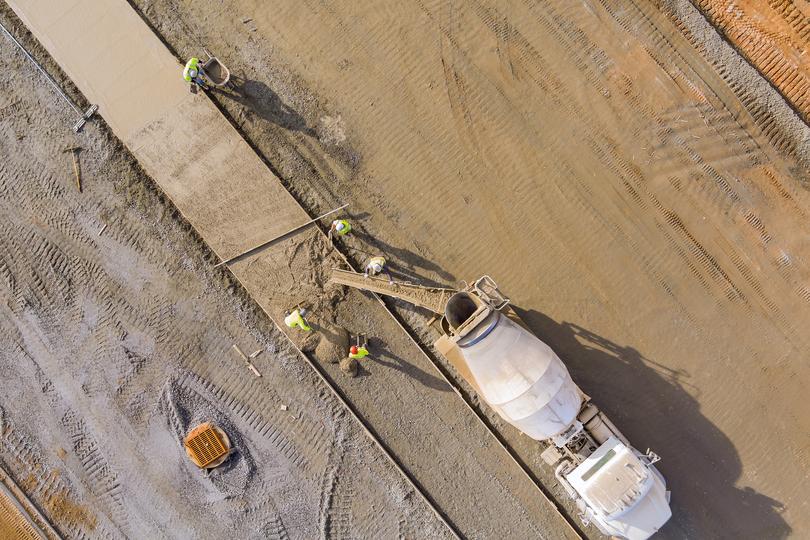
Commercial Grade Concrete
Specialized concrete solutions for commercial projects. Tailored to meet the unique requirements of large-scale construction.
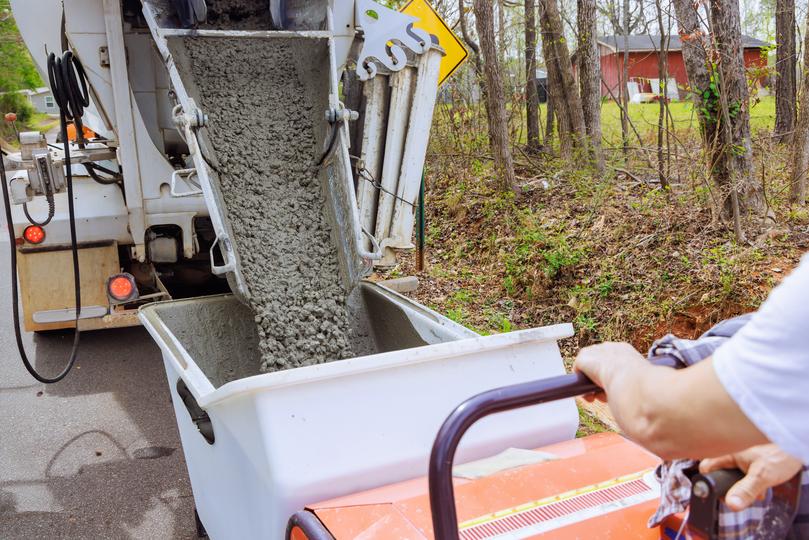
Ready Mix Concrete
High-quality ready mix concrete for all your construction needs. Delivered directly to your site for convenience and efficiency.
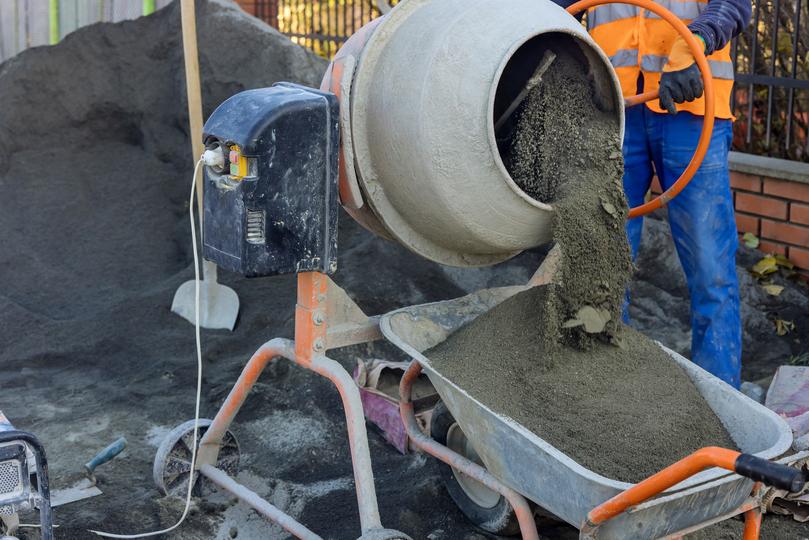
On-Site Mixed Concrete
On-site concrete mixing and delivery services for construction projects. Reduces material waste and ensures optimal concrete quality.
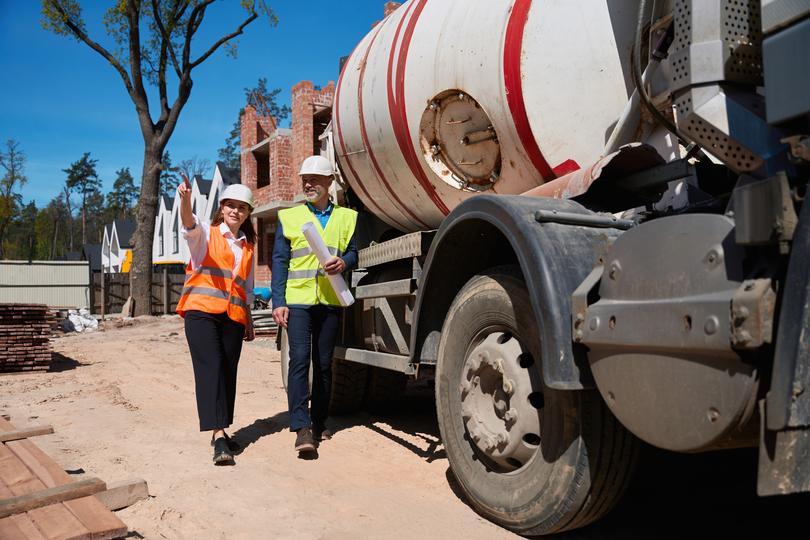
Volumetric Concrete
On-site mixed volumetric concrete tailored to your specific requirements. Perfect for projects needing precise concrete quantities.
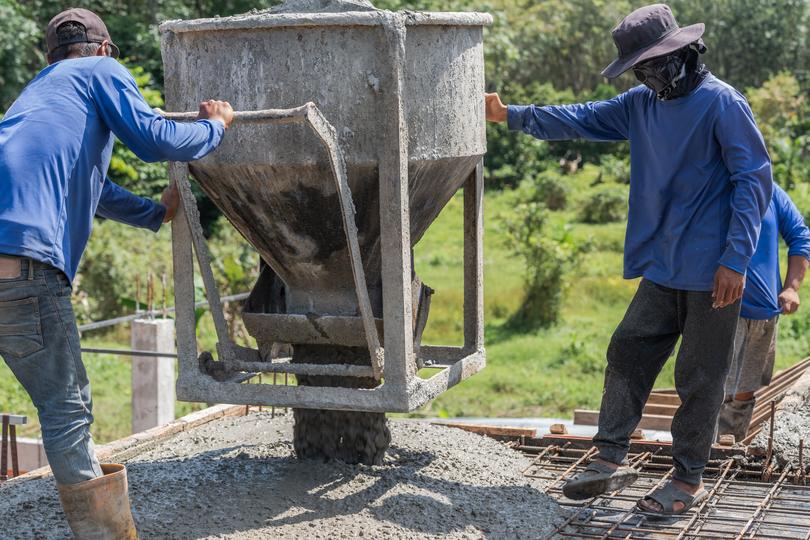
Concrete Pump Service
Efficient concrete pumping services to place concrete precisely where you need it. Ideal for hard-to-reach areas and large projects.
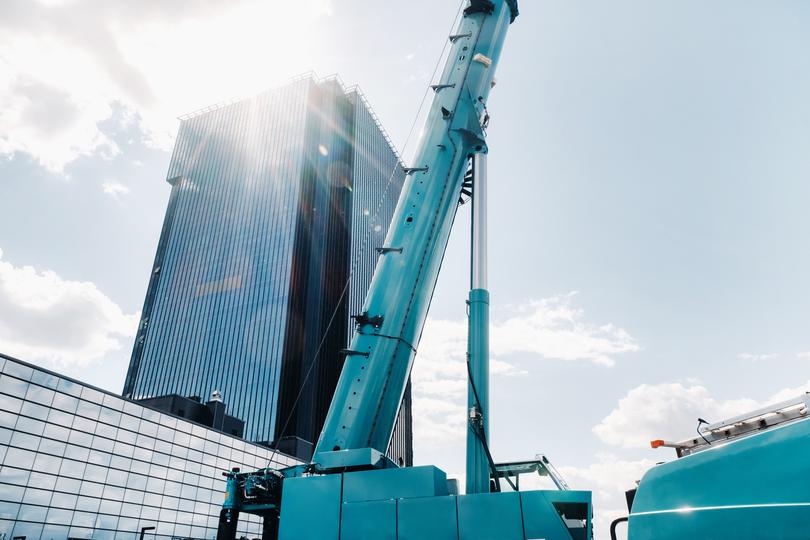
Boom Pumping Contractor
Advanced boom pumping services for placing concrete in hard-to-reach areas. Ideal for high-rise buildings and large-scale projects.
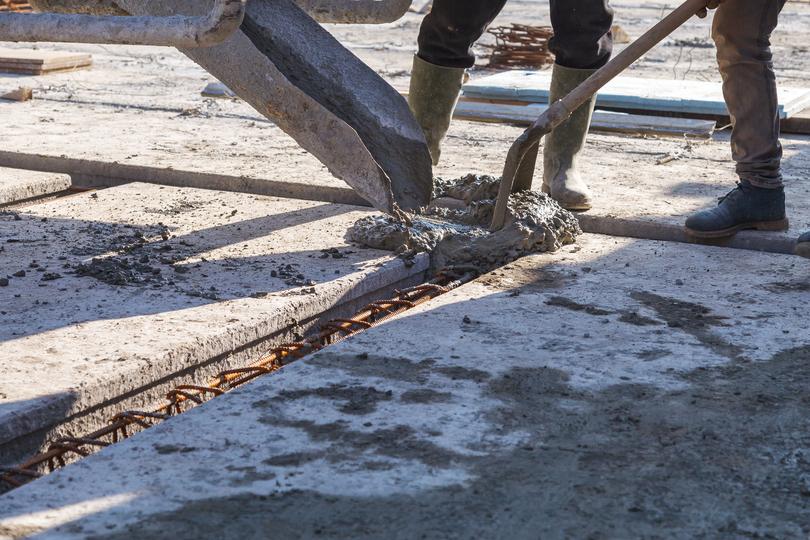
Line Pumping
Efficient line pumping services for precise concrete placement. Perfect for small to medium-sized construction projects.
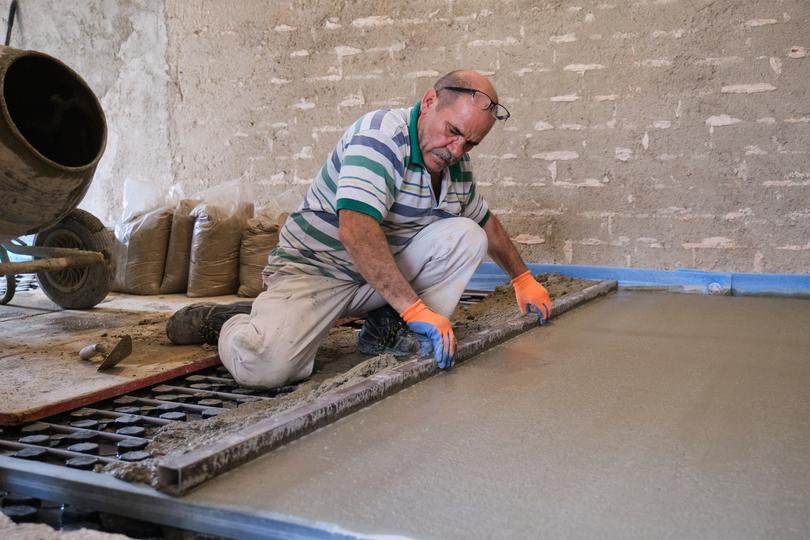
Screeding
Professional screeding services for smooth, level floors. Suitable for both residential and commercial projects.
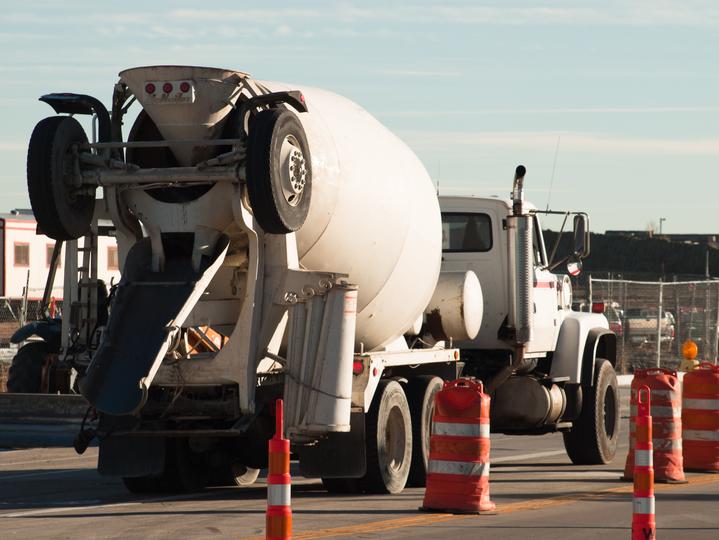
Late Night Concrete
Concrete delivery and pouring services available outside regular business hours. Ideal for projects with strict timelines and schedules.
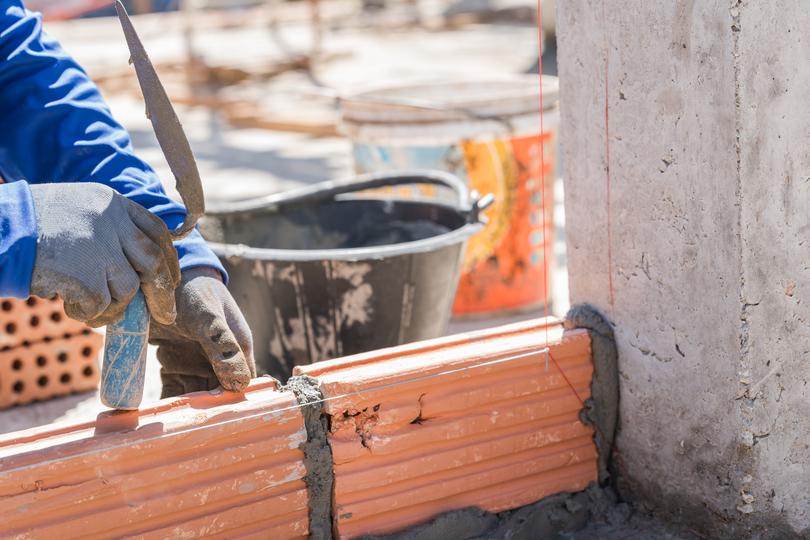
Premixed Mortar
Durable and consistent ready mix mortar for masonry, rendering, and more. Delivered straight to your project location.

Concrete Pump Equipment Hire
Affordable and reliable concrete pump hire services for projects of all sizes. Ensures efficient and precise concrete placement.
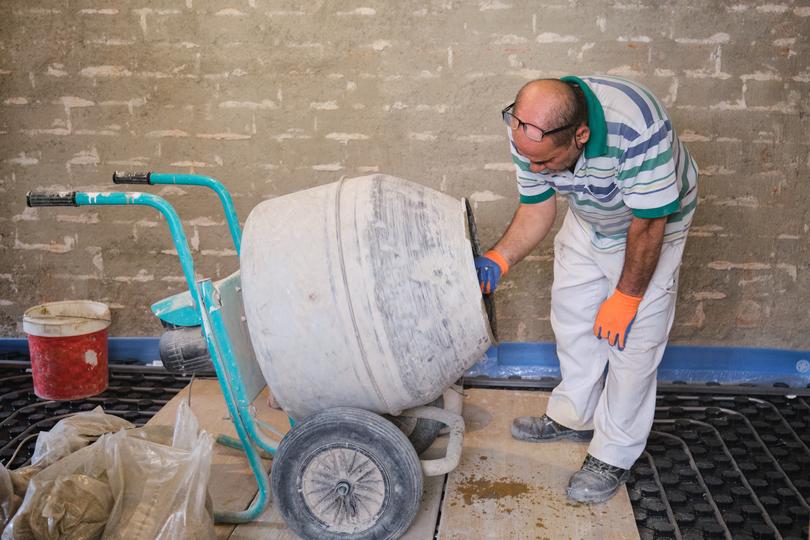
Concrete Mixer Hire
Affordable concrete mixer hire services for projects of all sizes. Reliable and well-maintained equipment delivered to your site.

Local Aggregate Suppliers
Reliable suppliers of high-quality aggregates for construction projects. We offer a wide range of materials to meet your specific needs.
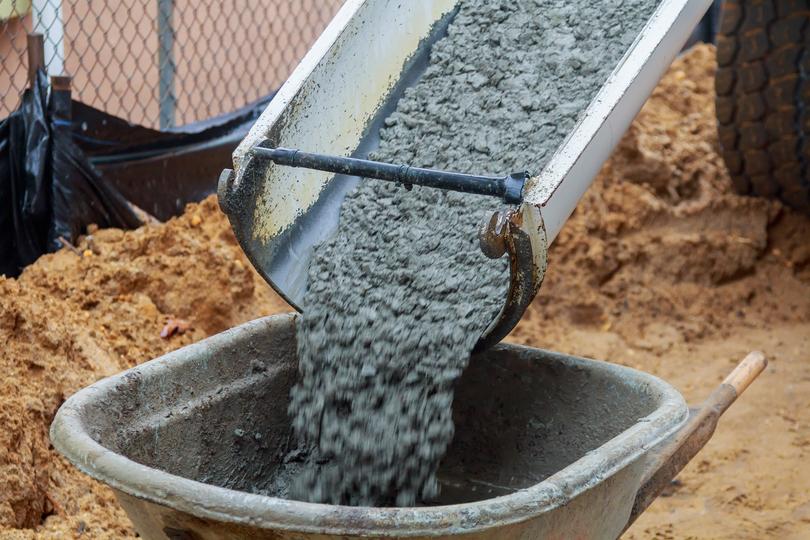
Concrete Wheelbarrowing
Manual barrowing services for transporting concrete and construction materials on-site. Ideal for projects with limited access.
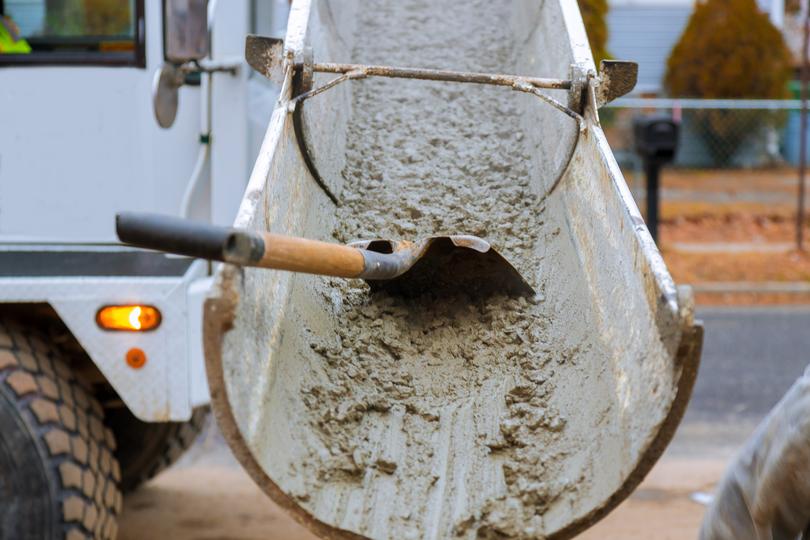
Ready Mix Concrete
Get multiple quotes from top-rated concrete suppliers near you. Compare quotes, save time, save money.
Need Aggregates For Your Home?
Aggregate Supply for Home Projects & DIY
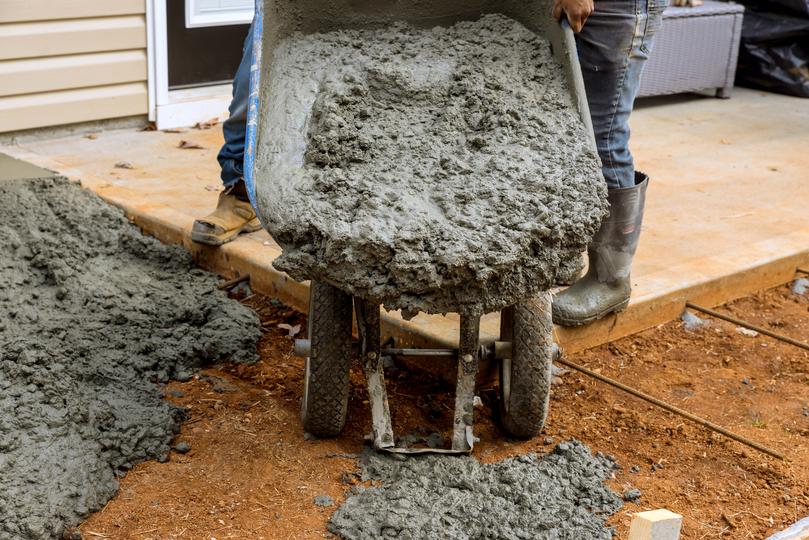
Domestic Concrete
Concrete solutions tailored for domestic construction projects. Ideal for residential buildings, driveways, and pathways.

Ready-Mix Concrete
High-quality ready mix concrete for all your construction needs. Delivered directly to your site for convenience and efficiency.

On-Site Concrete Services
On-site concrete mixing and delivery services for construction projects. Reduces material waste and ensures optimal concrete quality.

Volumetric Concrete
On-site mixed volumetric concrete tailored to your specific requirements. Perfect for projects needing precise concrete quantities.

Concrete Pumping
Efficient concrete pumping services to place concrete precisely where you need it. Ideal for hard-to-reach areas and large projects.

Concrete Boom Pumping Service
Advanced boom pumping services for placing concrete in hard-to-reach areas. Ideal for high-rise buildings and large-scale projects.

Concrete Line Pump
Efficient line pumping services for precise concrete placement. Perfect for small to medium-sized construction projects.

Screed Flooring
Professional screeding services for smooth, level floors. Suitable for both residential and commercial projects.

Emergency Concrete Services
Concrete delivery and pouring services available outside regular business hours. Ideal for projects with strict timelines and schedules.

Readymix Mortar
Durable and consistent ready mix mortar for masonry, rendering, and more. Delivered straight to your project location.

Concrete Pump Hire
Affordable and reliable concrete pump hire services for projects of all sizes. Ensures efficient and precise concrete placement.

Concrete Mixer Hire
Affordable concrete mixer hire services for projects of all sizes. Reliable and well-maintained equipment delivered to your site.

Decorative Aggregate Suppliers
Reliable suppliers of high-quality aggregates for construction projects. We offer a wide range of materials to meet your specific needs.

Concrete Wheelbarrowing
Manual barrowing services for transporting concrete and construction materials on-site. Ideal for projects with limited access.

Concrete Suppliers
Get multiple quotes from top-rated concrete suppliers near you. Compare quotes, save time, save money.